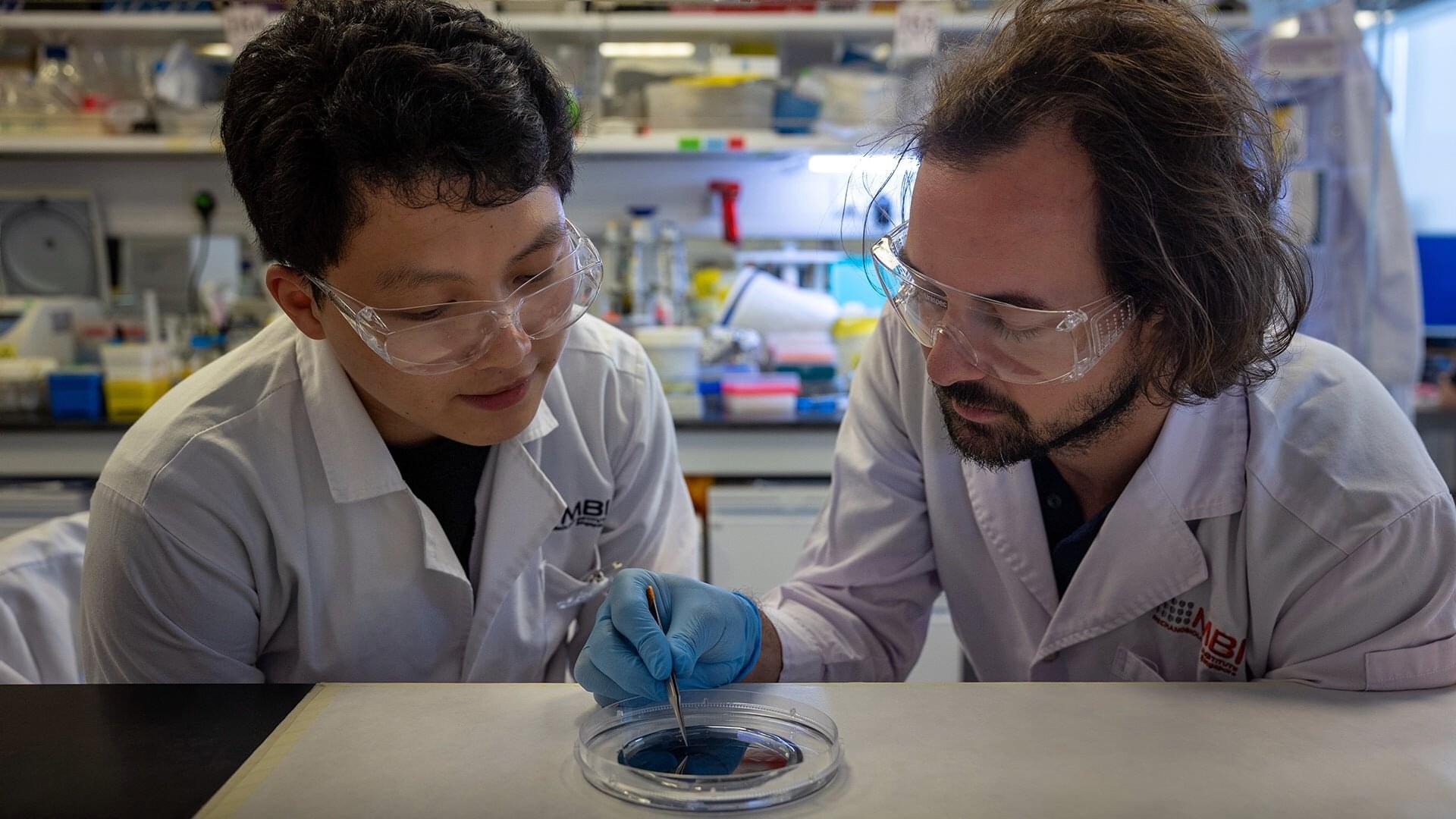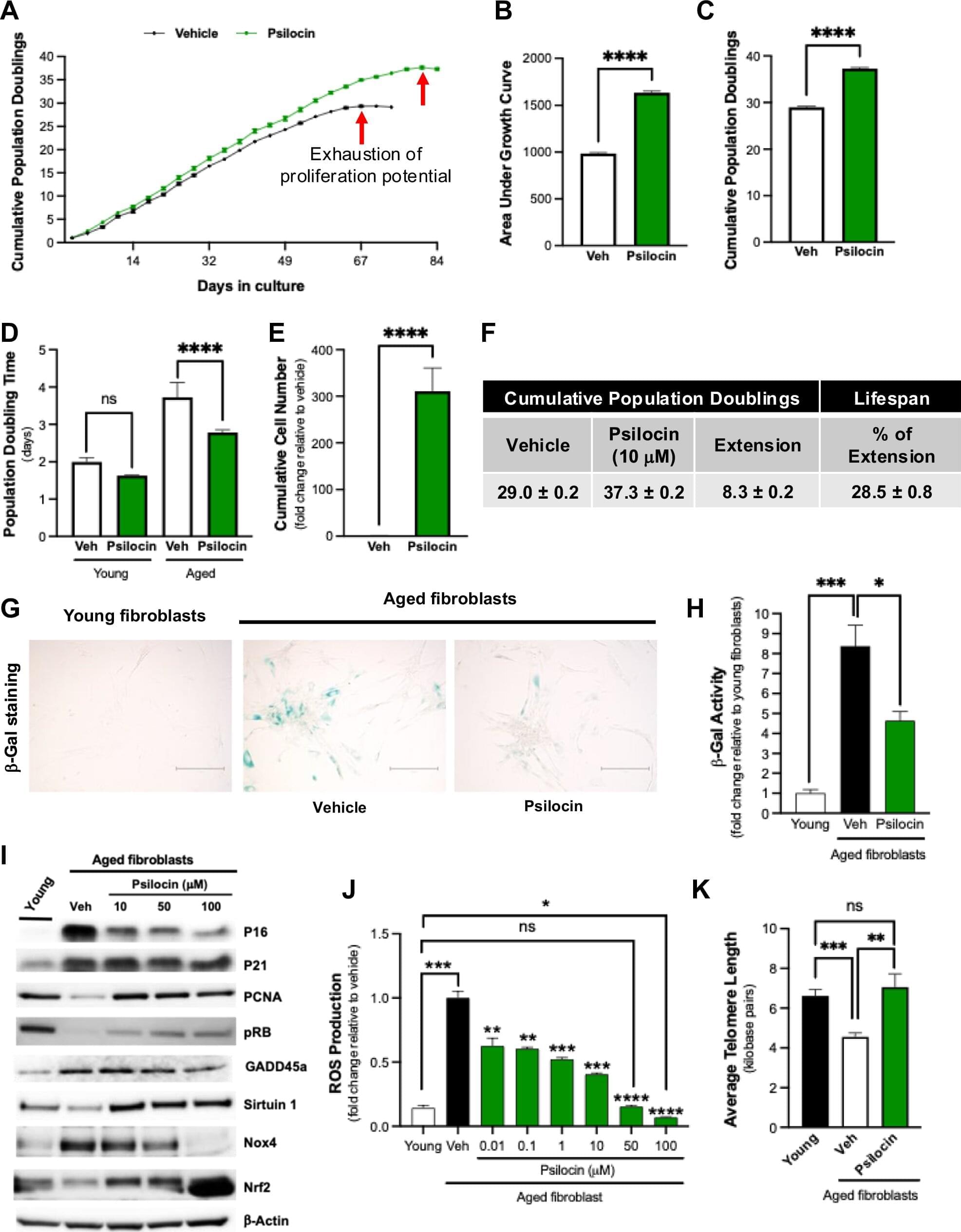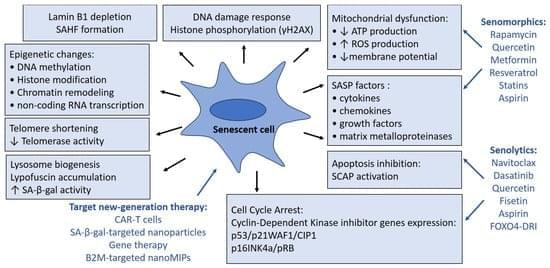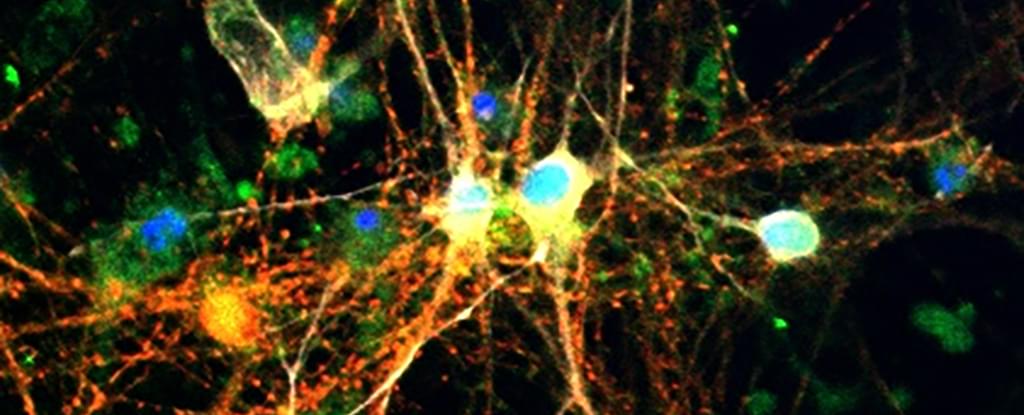In a discovery that could reshape approaches to regenerative medicine and bone repair, researchers have found that human stem cells can be prompted to begin turning into bone cells simply by squeezing through narrow spaces.
The study suggests that the physical act of moving through tight, confining spaces, like those between tissues, can influence how stem cells develop. This could open new possibilities for engineering materials and therapies by guiding cell behavior using physical, rather than chemical, signals.
The research was led by Assistant Professor Andrew Holle from the Department of Biomedical Engineering in the College of Design and Engineering at the National University of Singapore (NUS), and the Mechanobiology Institute (MBI) at NUS, and was published on 8 May 2025 in the journal Advanced Science.







